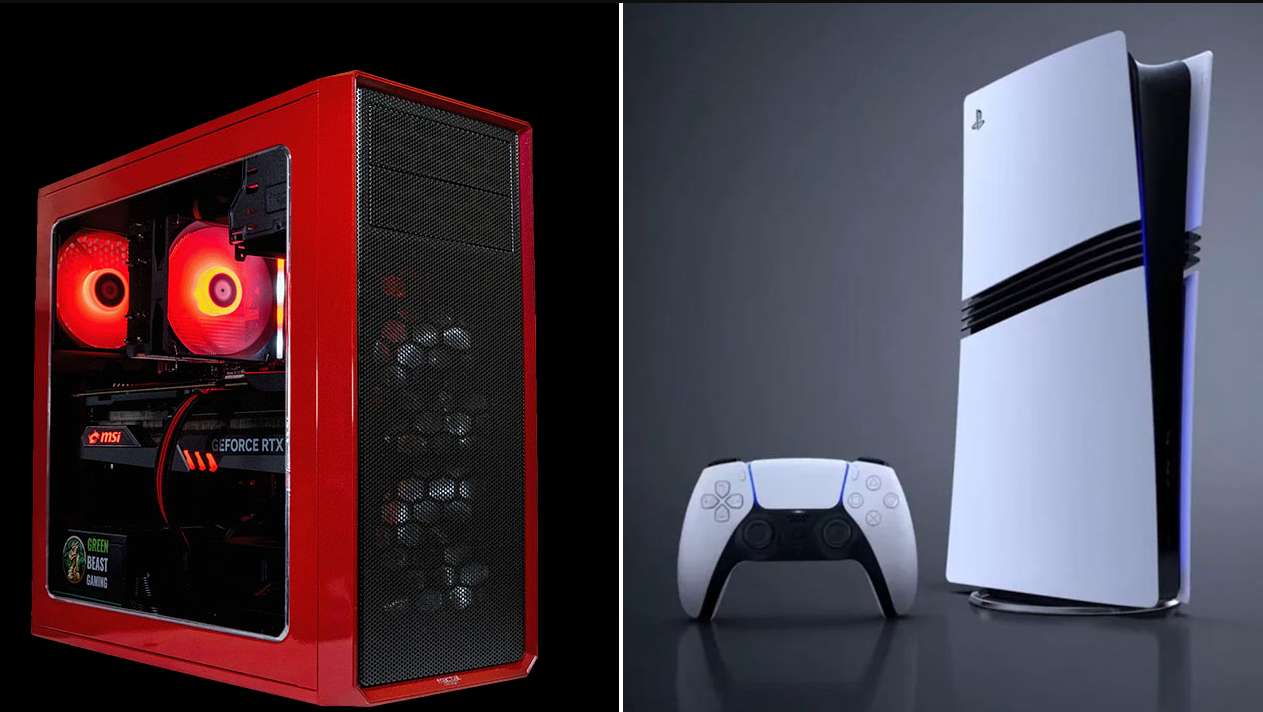When it comes to choosing a solid fuel boiler for your private home, it’s important to consider a number of key factors to ensure efficient, cost-effective and user-friendly heating. In this article, we’ll look at the main selection criteria to help you determine which solid fuel boiler is best for your home.
Here is a comparison table showing the key features of different types of solid fuel boilers:
| Characterisation | Wood Boilers | Coal-fired boilers | Pellet Boilers | Briquette Boilers |
| Fuel type | Firewood | Coal | Pellets | Briquettes |
| Automation | Manual loading | Manual loading | Automatic feeding | Manual/partially automated |
| Efficiency (efficiency) | Medium | High | Very high | High |
| Environmental friendliness | Medium (depends on the type of firewood) | Low (high CO2 and particulate matter emissions) | High (low emissions) | Medium (depends on the type of briquettes) |
| Maintenance requirements | High (frequent cleaning, fuel loading) | High (frequent cleaning, fuel loading) | Medium (infrequent cleaning, automatic feeding) | Medium (maintenance frequency is less than for wood-fired appliances) |
| Investment costs | Lowes | Averages | Highs | Averages |
| Operating costs | Medium (depends on the cost of firewood) | Low (depends on the cost of coal) | Medium (depends on the cost of pellets) | Medium (depends on the cost of briquettes) |
| Noise level | Low | Medium | Medium | Low |
Let’s now look at each type of solid fuel boiler in more detail.
Fuel type for solid fuel boilers
Determining the appropriate fuel type is a critical step when selecting a solid fuel boiler for a private home. Different fuels have their own unique characteristics that affect the cost, efficiency and usability of the boiler. Let’s take a closer look at the main types of fuel: wood, coal, pellets and briquettes.
Wood Boilers
- Affordability: Firewood is one of the most affordable fuels, especially in regions with a lot of forests.
- Storage: Firewood requires a fair amount of storage space and must be protected from moisture.
- Fuel Loading: These boilers require regular manual loading, which can be inconvenient and require physical effort.
- Environmental friendliness: Burning wood is relatively environmentally friendly as wood is a renewable resource. However, the degree of environmental pollution depends on the type of boiler and the quality of the wood.
Coal-fired boilers
- Energy Value: Coal has a high calorific value, making it an efficient fuel.
- Cost: While coal may be cheaper than firewood, it is less environmentally friendly due to high emissions.
- Usability: Coal-fired boilers also require regular loading and cleaning of ash.
Pellet Boilers
- Automation: Pellet boilers offer a high level of automation thanks to the automatic feeding of fuel from the hopper.
- Efficiency: Pellets burn with higher efficiency and lower emissions than wood or coal.
- Cost: The initial cost of pellet boilers is higher, but they can be more economical to operate due to their high efficiency and low fuel costs.
- Storage: Pellets require dry storage but take up less space than firewood.
Briquette Boilers
- Eco-friendly: Briquettes are usually made from wood waste, making them an environmentally preferable option.
- Ease of use: Like firewood, briquettes require manual loading, but they burn longer and more evenly.
- Cost: The cost of briquettes can vary, but they are often a compromise between firewood and pellets.
Boiler output: How to choose correctly
Choosing the correct output of a solid fuel boiler is critical to the efficiency and economy of a heating system in a private home. Below are the key factors to consider to determine the optimum boiler output.
Calculation of the area of heated rooms
- Basis of Calculation: The standard rule of thumb is that for every 10 square metres of floor space, approximately 1kW of boiler output is required. However, this is a rough calculation and may vary depending on the features of the house.
- Example: A 100 square metre house will require a boiler of about 10 kW.
Accounting for the Quality of Thermal Insulation
- Thermal insulation: Houses with good thermal insulation require a lower boiler output because the heat is retained better. Therefore, if your house is well insulated, you can expect a lower boiler output.
- Older Houses: Older houses with poor insulation may require a larger boiler.
Climatic Conditions of the Region
- Cold Climate: Areas with colder climates will require a larger boiler to provide adequate heating.
- Mild Climate: In regions with milder climates, you can get by with a smaller boiler.
Capacity Reserve
- Need for Reserve: It is recommended to have a small reserve capacity for extremely cold periods. However, too large a reserve will lead to irrational use of fuel and unnecessary costs.
Redesigned Boiler
- Inefficiency: A boiler with a capacity that far exceeds the needs of the home will operate inefficiently by switching on and off frequently, resulting in excessive fuel consumption and accelerated wear and tear on the equipment.
- Economic Damage: Buying a more powerful boiler also leads to unnecessary costs both at purchase and in operation.
Efficiency and environmental friendliness of solid fuel boilers
Choosing an efficient and environmentally friendly solid fuel boiler is of paramount importance, both to save resources and to protect the environment. Let’s look at the key aspects to consider.
Coefficient of Performance (COP)
- High efficiency: Modern boilers typically have an efficiency in the range of 80-90%. This means that most of the heat from the combustion of the fuel is used to heat the water rather than being lost to the environment.
- Fuel savings: Boilers with high efficiency consume less fuel to achieve the desired heating level, which reduces operating costs.
Combustion Technologies
- Clean Combustion Technologies: Some modern boilers use advanced combustion technologies that reduce harmful emissions such as carbon dioxide (CO2) and particulate matter.
- Secondary Combustion: Many efficient boilers are equipped with secondary combustion systems, which burn the gases released during primary combustion, thus increasing efficiency and reducing emissions.
Environmental friendliness
- CO2 emissions: Choosing a boiler with low CO2 emissions helps reduce the heating’s impact on global warming.
- Particulate emissions: Boilers that minimise particulate emissions are important for maintaining air quality, especially in densely populated areas or areas with limited emission standards.
Certification and Standards
- Environmental Standards: When selecting a boiler, attention should be paid to compliance with international and national environmental standards and certifications.
- Local Regulations: It is important to consider local emission regulations as they may vary from region to region.
Utilisation of Renewable Fuels
- Biofuels: The use of renewable fuels such as wood pellets or bio-briquettes can further reduce the ecological footprint of heating.
Ease of operation and maintenance of solid fuel boilers
The choice of solid fuel boiler with regard to ease of operation and maintenance significantly affects the everyday comfort and long-term reliability of the heating system. Let’s consider the key aspects to be taken into account.
Fuel loading system
- Automatic feeding: Boilers with automatic fuel feeding, such as pellet boilers, make operation much easier as they do not require constant attention and physical effort.
- Manual Loading: Traditional wood or coal fired boilers require regular manual loading, which can be more time consuming and less convenient.
Cleaning and Care
- Ease of Access: It is important that boiler elements requiring regular maintenance (e.g. combustion chamber, heat exchanger, ash pan) are easily accessible for cleaning and maintenance.
- Maintenance Frequency: Some boilers require frequent servicing and cleaning of ash and soot, which can be time consuming.
Automatic Control Systems
- Thermostats and Regulators: Modern boilers are often fitted with automatic control systems that maintain a set temperature and can even adapt to changes in the weather.
- Remote control: The possibility to control the boiler remotely (e.g. via a smartphone) provides additional convenience.
Noise level
- Operating Noise: Some boilers can generate a significant amount of noise during operation, which may not be desirable in a residential environment. Choosing a quiet model will improve your living comfort.
Reliability and Service Life
- Quality Construction: High quality materials and robust construction contribute to a long and trouble-free operation of the boiler.
- Warranty and Service: The availability of a warranty and the availability of qualified service are also important factors when choosing a boiler.
Cost and Budget
Budget is an important factor when choosing a boiler. You need to consider not only the initial purchase price, but also the long-term costs of fuel, maintenance and possible repairs. Investing in a more expensive but efficient and reliable model may pay off in the long run.
Choosing the right solid fuel boiler for a private home is a task that requires careful consideration. Taking into account the type of fuel, capacity, efficiency, usability and value for money, you will be able to find the best solution.
Take your next step into the world of solid fuel boilers with reBITme and enjoy the benefits. Enjoy your purchases!




